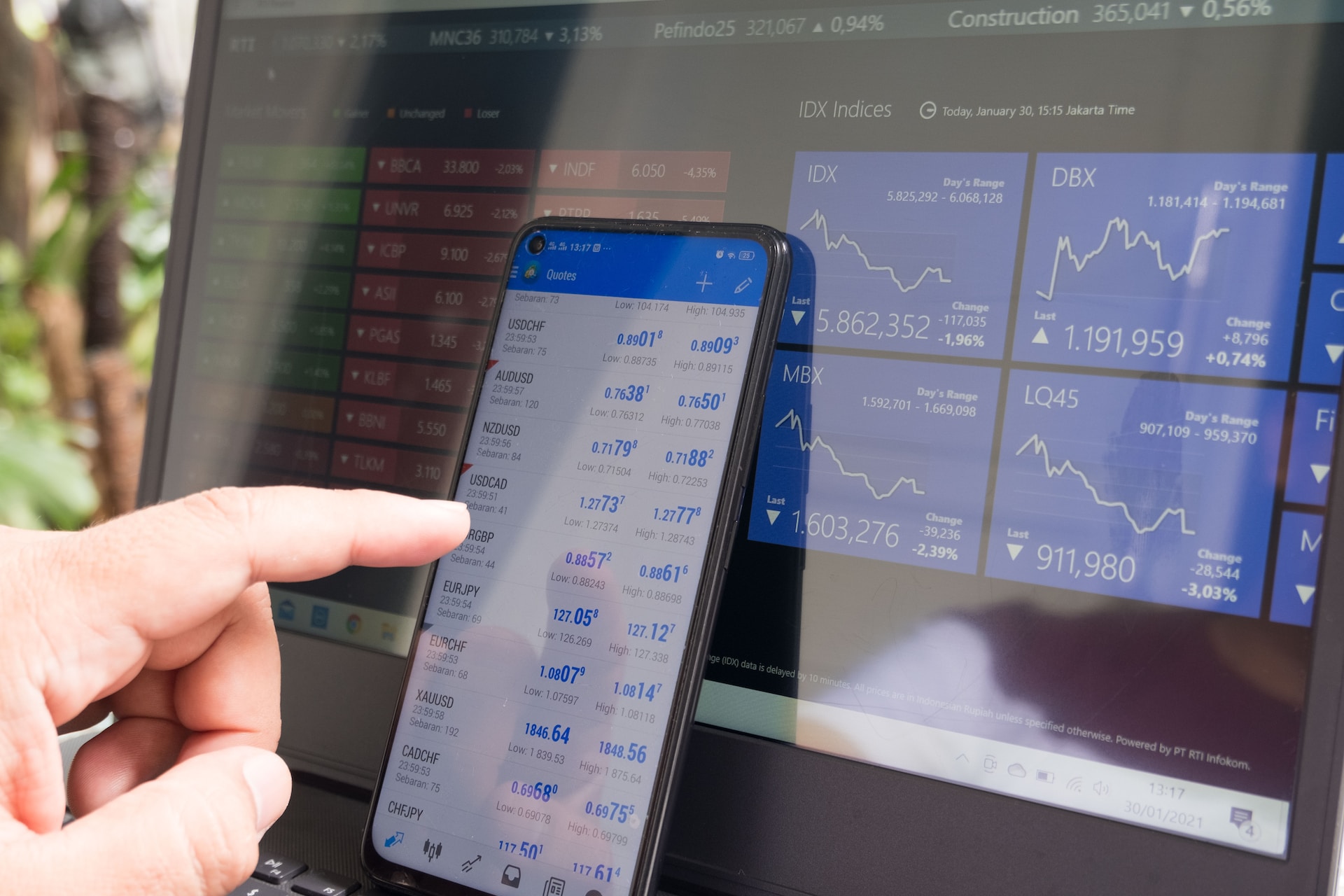
Forex Swap: Everything You Need to Know
In the intricate web of global finance, the forex swap stands out as a versatile and potent instrument capable of accommodating the diverse needs of market participants. Primarily, a forex swap is an agreement between two parties to exchange a set amount of one currency for another, with the promise to reverse the transaction at a later date or at a specified future rate. This financial mechanism serves not only as a means to hedge against adverse currency fluctuations but also as an indispensable tool for managing liquidity in the vast ocean of currency markets.
The role of forex swaps in currency markets cannot be overstated. By allowing investors and institutions to lock in exchange rates for future transactions, forex swaps provide a layer of predictability and security, in what is otherwise known as an environment often characterized by volatility. It is this ability to mitigate risk while facilitating the smooth flow of international trade and investment that cements the significance of forex swaps within the global financial landscape.
The role of forex swaps in currency markets cannot be overstated. By allowing investors and institutions to lock in exchange rates for future transactions, forex swaps provide a layer of predictability and security, in what is otherwise known as an environment often characterized by volatility. It is this ability to mitigate risk while facilitating the smooth flow of international trade and investment that cements the significance of forex swaps within the global financial landscape.

Forex Swap: Everything You Need to Know
The Mechanics of a Forex Swap: How It Works and the Different Types
Delving into the mechanics, a forex swap typically involves two distinct transactions. Initially, a spot transaction occurs where currencies are exchanged at current market rates. Subsequent to this exchange is a forward contract that dictates the terms under which said currencies will be swapped back on a predetermined future date or within a range of possible dates.There exist several types of forex swaps each designed to cater to specific scenarios:
Spot-Forward Swaps: The combination of a spot transaction with a forward contract.
Forward-Forward Swaps: Two forward contracts are set up with different maturity dates.
Currency Swaps: where principal amounts along with interest payments in different currencies are exchanged.
Understanding these variations allows market participants to tailor their use of forex swaps according to their strategic requirements, whether it’s for speculative purposes, hedging or liquidity management.
Advantages and Disadvantages of Using Forex Swaps for Traders and Investors
Forex swaps come with their fair share of advantages:Risk Management: They enable traders to hedge against potential losses due to currency fluctuations.
Liquidity Management: Businesses can manage short-term liquidity needs without impacting their long-term positions.
Cost-effectiveness: Compared to other derivative instruments, forex swaps can be more cost-effective due to their customizable nature.
Nevertheless, there are also disadvantages that need consideration:
Complexity: The intricate nature could pose challenges for those not well-versed in derivatives markets.
Counterparty Risk: There’s always risk involved if one party fails to honor their end of the deal.
Regulatory Changes: Shifts in regulation could impact swap agreements or associated costs.
As with any financial instrument, weighing these pros and cons is crucial before engaging in swap transactions.
The Impact of Forex Swaps on Global Financial Markets and Exchange Rates
Forex swaps exert considerable influence on global financial markets and exchange rates by providing stability and liquidity which are essential components for vibrant economies. They enable central banks to manage national currency reserves effectively while allowing multinational corporations to conduct cross-border business without excessive exposure to volatile currency movements.Moreover, by offering insights into market expectations about future interest rates through swap pricing discrepancies between different maturities (known as the swap curve), they indirectly influence monetary policy decisions that can have far-reaching effects on economies worldwide.
Conclusion: Summary of Key Points and the Importance of Understanding Forex Swaps for Effective Currency Management
In conclusion, forex swaps serve as critical instruments within currency markets by providing mechanisms for risk management, capital efficiency, and liquidity provision. The functioning mechanics – from spot-forward transactions to complex multi-currency deals – highlight their adaptability across varied financial needs.
The advantages presented by these instruments must be deliberated alongside potential drawbacks including operational complexity and exposure to counterparty risks. As we continue navigating through fluctuating economic times, it becomes increasingly evident that an adept understanding of forex swaps is indispensable for robust currency management strategies among traders, investors, and policymakers alike.
The prudent use and comprehension of forex swap mechanisms can lead not only to individual portfolio optimization but also contribute towards greater stability within international financial markets – underscoring its importance now more than ever before in our interconnected global economy.
Forex Swap, Currency Markets, Finance Basics, International Trade, Foreign Exchange
In conclusion, forex swaps serve as critical instruments within currency markets by providing mechanisms for risk management, capital efficiency, and liquidity provision. The functioning mechanics – from spot-forward transactions to complex multi-currency deals – highlight their adaptability across varied financial needs.
The advantages presented by these instruments must be deliberated alongside potential drawbacks including operational complexity and exposure to counterparty risks. As we continue navigating through fluctuating economic times, it becomes increasingly evident that an adept understanding of forex swaps is indispensable for robust currency management strategies among traders, investors, and policymakers alike.
The prudent use and comprehension of forex swap mechanisms can lead not only to individual portfolio optimization but also contribute towards greater stability within international financial markets – underscoring its importance now more than ever before in our interconnected global economy.
Forex Swap, Currency Markets, Finance Basics, International Trade, Foreign Exchange









Report
My comments